The English adverb "too" or "also" is expressed in Chinese as 也 (yě). In Chinese, it always needs to come before the verb (or adjective).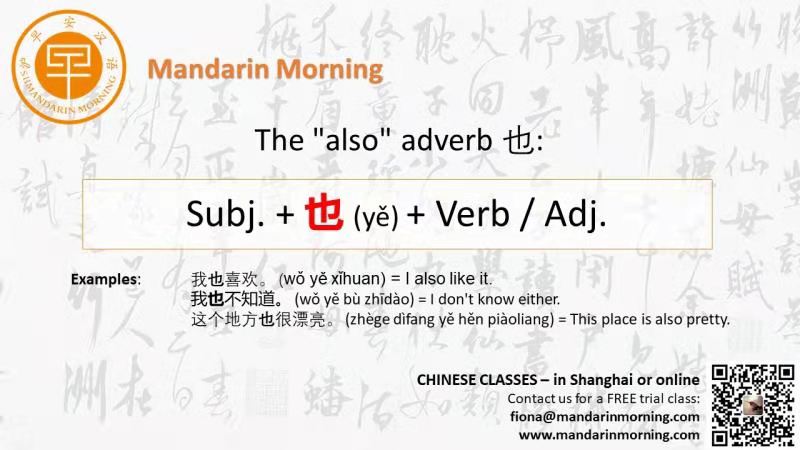 也 (yě) with Verb Phrases Since it is an adverb, 也 (yě) is inserted after the subject, before the verb or verb phrase. Structure: Subj. + 也 + Verb / [Verb Phrase] Examples: 我也喜欢。 (wǒ yě xǐhuan) = I also like it. 我也是学生。 (wǒ yě shì xuésheng) = I am a student too. 她也有一个儿子。 (tā yě yǒu yī gè érzi) = She also has a son. 他们也是法国人吗? (tāmen yě shì Fǎguó rén ma) = Are they also French? 我也想学中文。 (wǒ yě xiǎng xué Zhōngwén) = I also want to study Chinese. 他们也会去吗? (tāmen yě huì qù ma) = Are they also going? A Note on the Negative Form Please note that in English, we replace the word "too" with "either" in negative sentences. In Chinese, regardless of whether the sentence is positive ("I like them too") or negative ("I don't like them either"), 也 (yě) is used the same way. Just make sure you put the 也 (yě) before the 不 (bù) or other negative part that comes before the verb. 我也不喜欢。 (wǒ yě bù xǐhuan) = I don't like it either. 我也不知道。 (wǒ yě bù zhīdào) = I don't know either. 也 (yě) with Adjectives 也 (yě) can also be used with adjectives. Remember that for simple "noun + adjective" sentences you normally need to include an adverb like 很 (hěn) before the adjective. In that case, just put the 也 (yě) before the adverb. Structure: Subj. + 也 (+ Adv.) + Adj. Examples: 你也很高。 (nǐ yě hěn gāo) = You are also tall. 他也很胖。 (tā yě hěn pang) = He is also fat. 我爸爸也很帅。 (wǒ bàba yě hěn shuài) = My dad is also handsome. 湖南菜也很辣。 (húnán cài yě hěn là) = Hunan food is very spicy too. 这种酒也很好喝。 (zhè zhǒng jiǔ yě hěn hǎohē) = This kind of alcohol is also good. 这个地方也很漂亮。 (zhège dìfang yě hěn piàoliang) = This place is also pretty. Expressing "Me Too" with 也 (yě) It can be tricky to know how to say "me too" when you first study 也 (yě), as you can't say "wǒ yě" all by itself. That's not a complete sentence; you can't just leave 也 (yě) hanging there with nothing after it. The all-purpose correct sentence is "wǒ yě shì," which literally means, "I am too," but can also stand in for "me too." A: 我是美国人。 (wǒ shì Měiguó rén) = I am an American. B: 我也是。 (wǒ yě shì) = Me too. / I am too. For this next one, you'll notice that the "me too" reply repeats the original verb 喜欢 (xǐhuan) instead of using 是 (shì). Both ways are possible. A: 我喜欢看书。 (wǒ xǐhuan kàn shū) = I like to read. B: 我也喜欢。 (wǒ yě xǐhuan) = Me too. / So do I. You'll notice that some of those English translations use "so do I." The Chinese works exactly the same; they're just translated that way to produce more natural-sounding English. #Our teachers # More than 10 years teaching experience Master Degree Certificate for teaching chinese as a foreign language 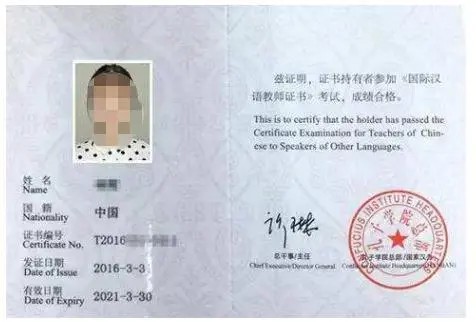 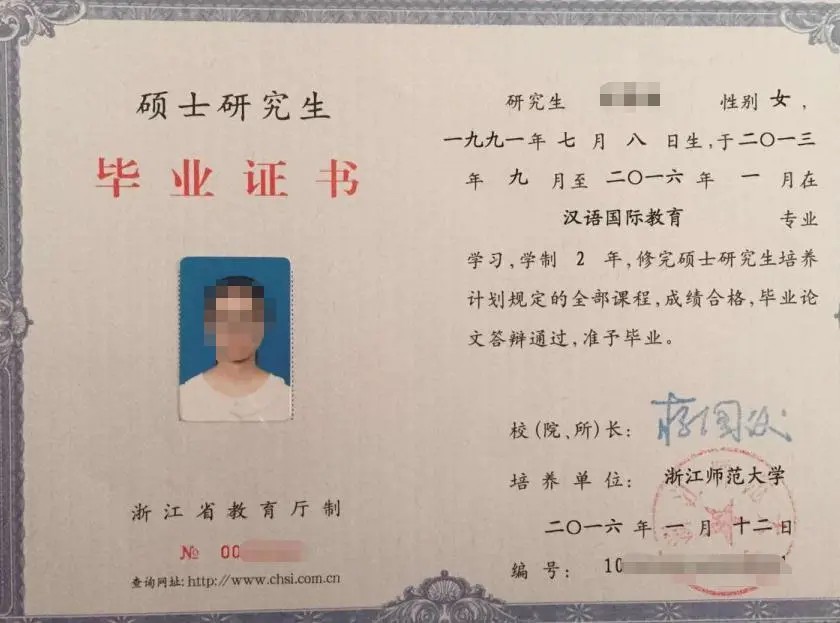 # About us # Founded in 2007 Chinese test and training center 200+ Chinese teachers 5000+ students 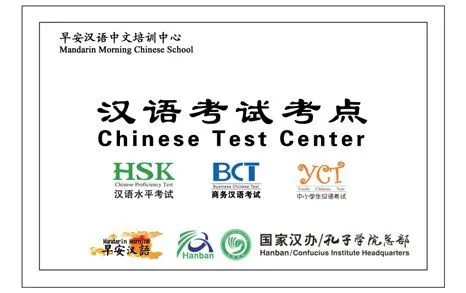 # Contact us# Name:fiona Phone number:021-52287809,13918358891 E-mail:info@mandarinmorning.com www.mandarinmorning.com If you are interested to join Mandarin Morning school or want more details about our services, scan the following QR code. ☟ 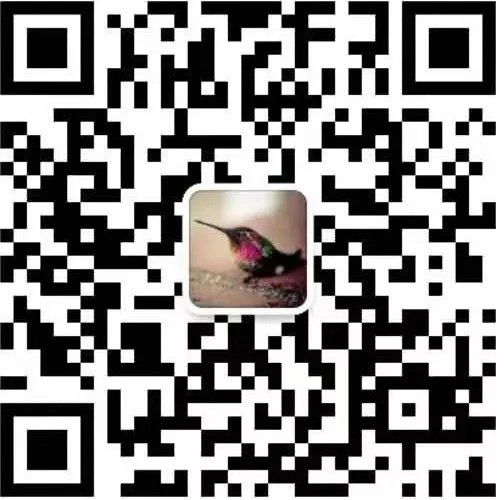  Mandarin Morning Chinese test center attached to Confucius institute headquarters Authorized Test Center and Training Center for International Chinese Language Teacher Certificater 10 years+ ,200 teachers ,more 10000 students,200+companies  |